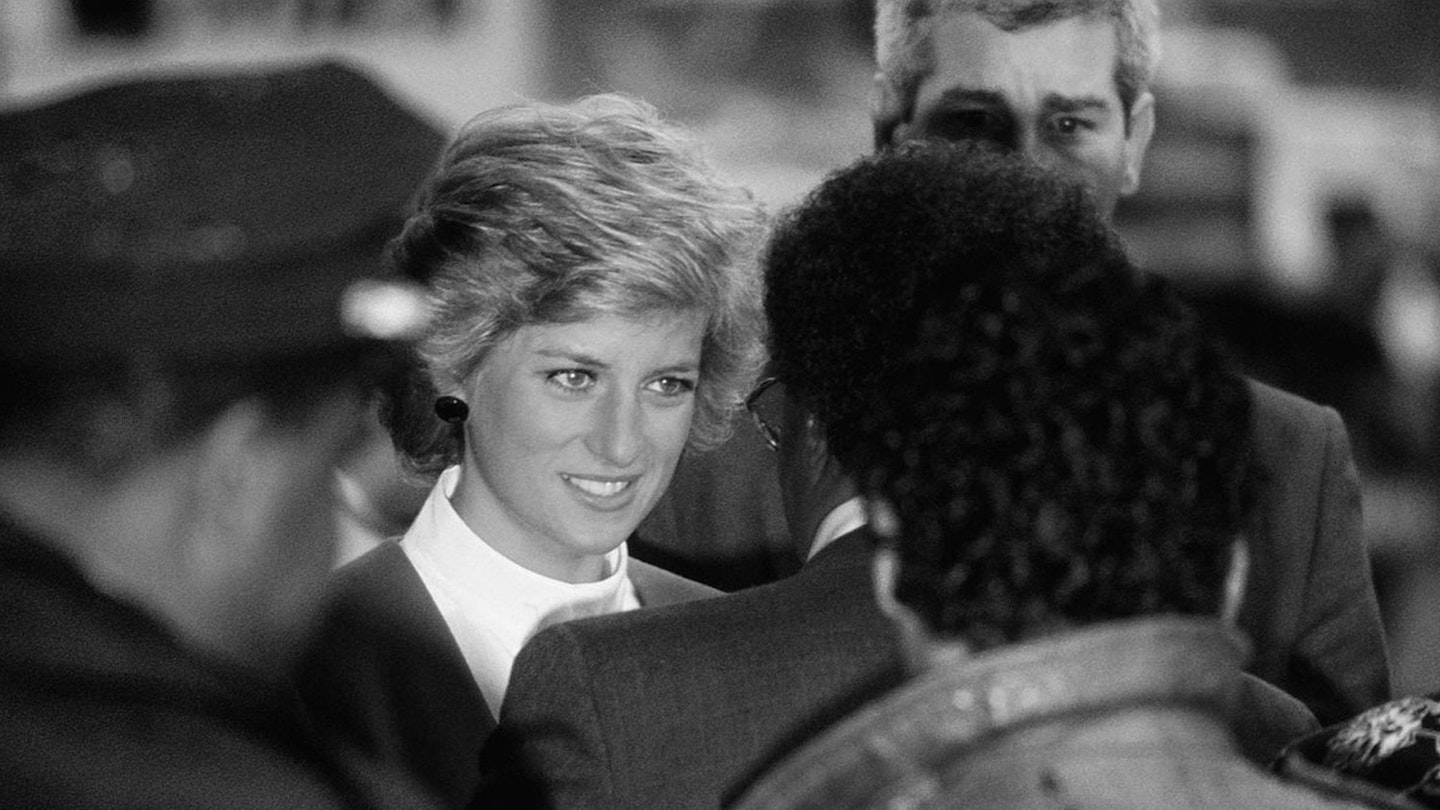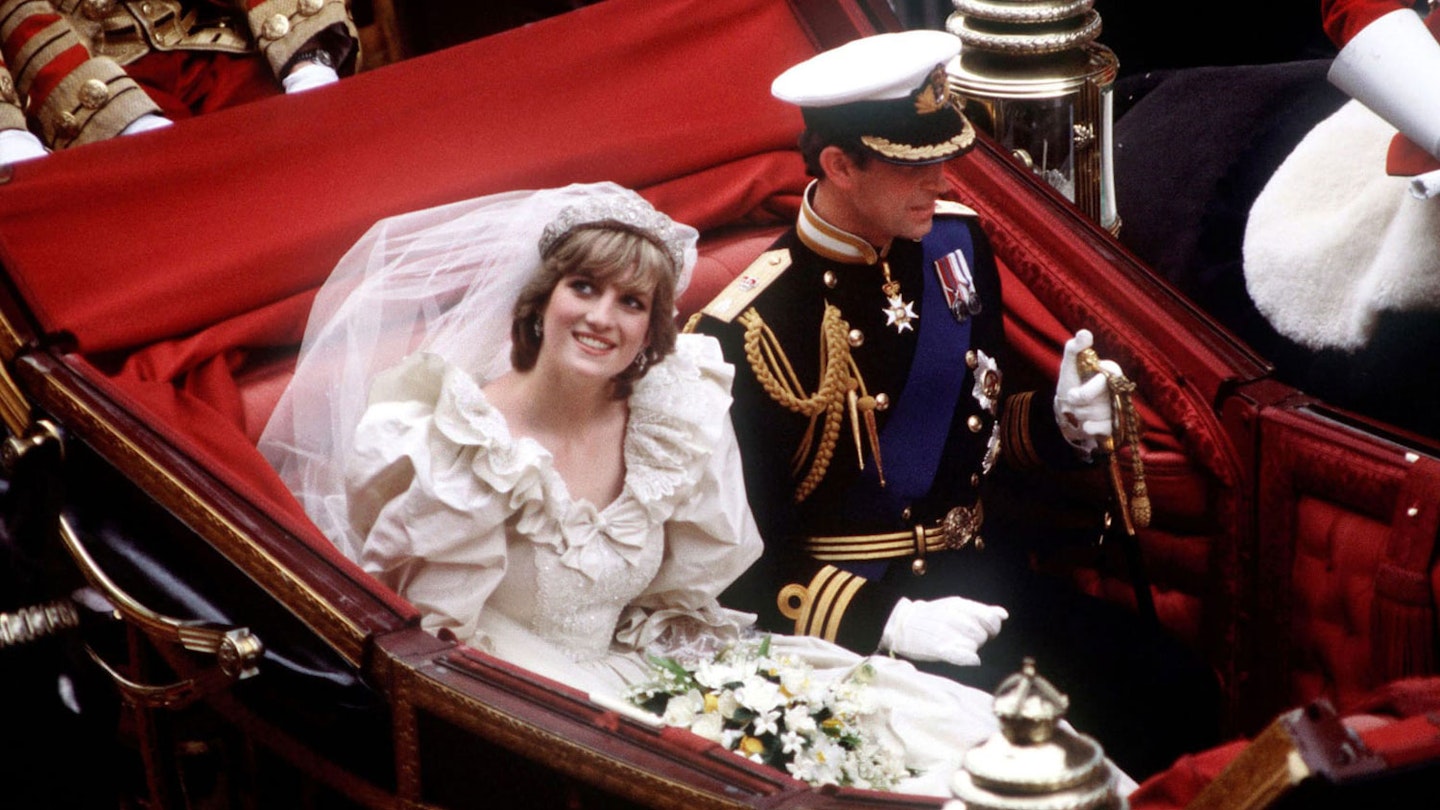It’s no secret that Lady Diana Spencer was the most photographed woman in the world during her lifetime. Few will be unaware of a lot of the news footage that makes up the narrative of The Princess, Ed Perkins’ staggering feat of editing, which purports to shine a new light on the life of the people’s princess by stitching together a breath-taking amount of footage. Perhaps the goal is to celebrate the singularity of the woman whose privacy was invaded beyond belief – but the resulting documentary feels awfully hypocritical instead.

Viewers relive events including the engagement between Charles and Diana, their wedding, her Panorama interview with Martin Bashir, as well as key moments that have nothing to do with Charles, like Diana’s visits to AIDS patients and her participation in William and Harry’s sports day. Diana is always looking over her shoulder as stubborn journalists pry, and by stressing just how much the world looked at her — during her wedding to Charles the film replays vox-pop interviews with passionate fans for their scintillating opinions on her dress — it’s nothing more than a rehash of the tragic journey that led to her untimely death.
There is nothing to gain from spotlighting all the people we’d rather shift blame onto in order to stand on the right side of history.
It’s in the moments where the general public turns to camera and claims the problem is “the media” (while jaunty, almost pantomimic music plays) or that “we should leave them alone” that you gradually realise the damage done to Diana and her family. Most of the film’s sober moments are given to Charles as we listen to him defend himself, whereas a lot of Diana’s moments are juxtaposed with dramatic music or the invasive voiceover of news reporters. (Happily, there is no grim narrator tracking the princess’ demise.)
Have we not learned to just listen? There is nothing to gain from spotlighting all the people we’d rather shift blame onto in order to stand on the right side of history. There can be much to admire in cinema that deliberately makes audiences uncomfortable in order to serve a greater purpose or to condemn injustice. But when it comes to Diana, nobody had permission then, and nobody should now. It’s too late for any of this footage to save anyone.
